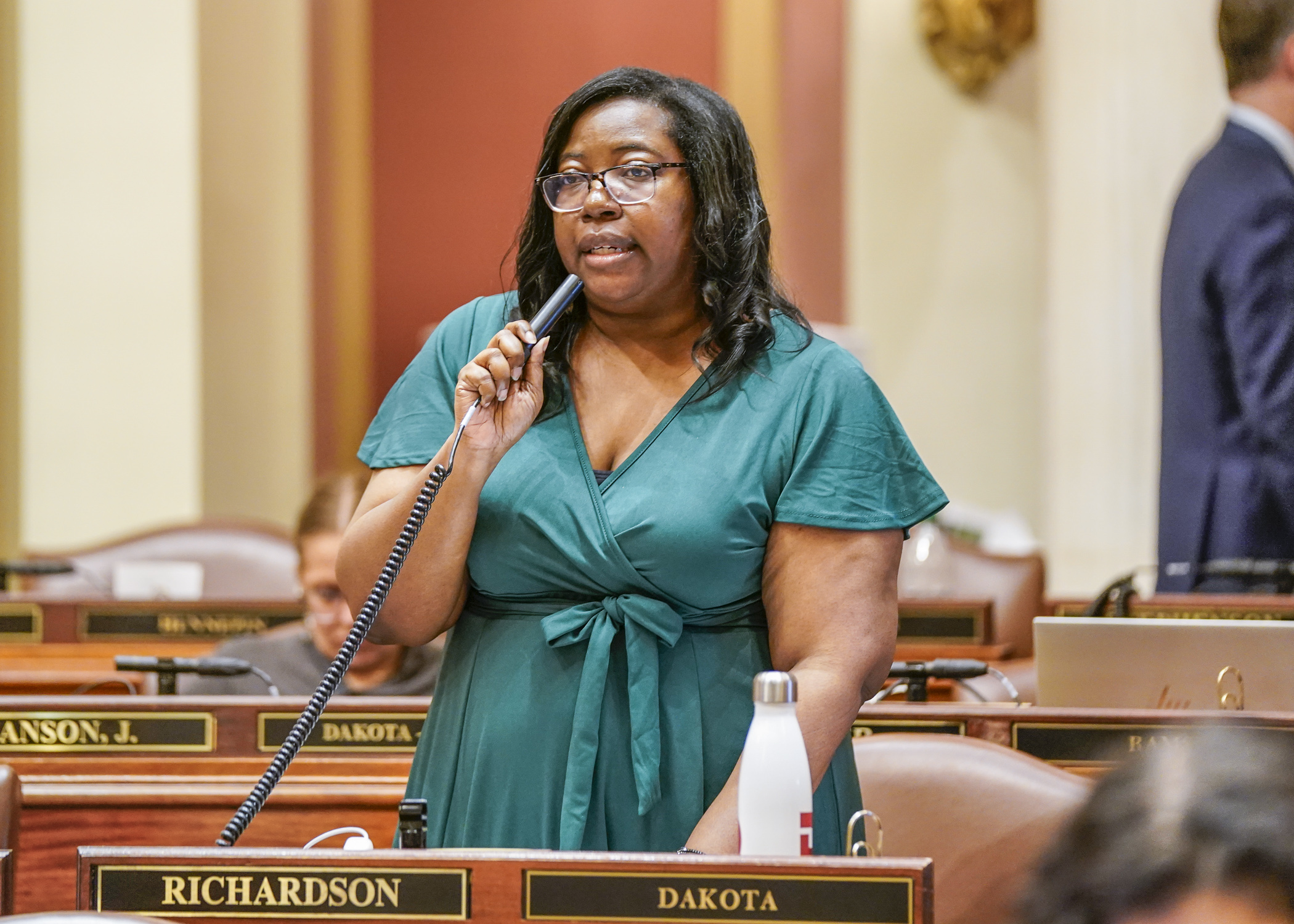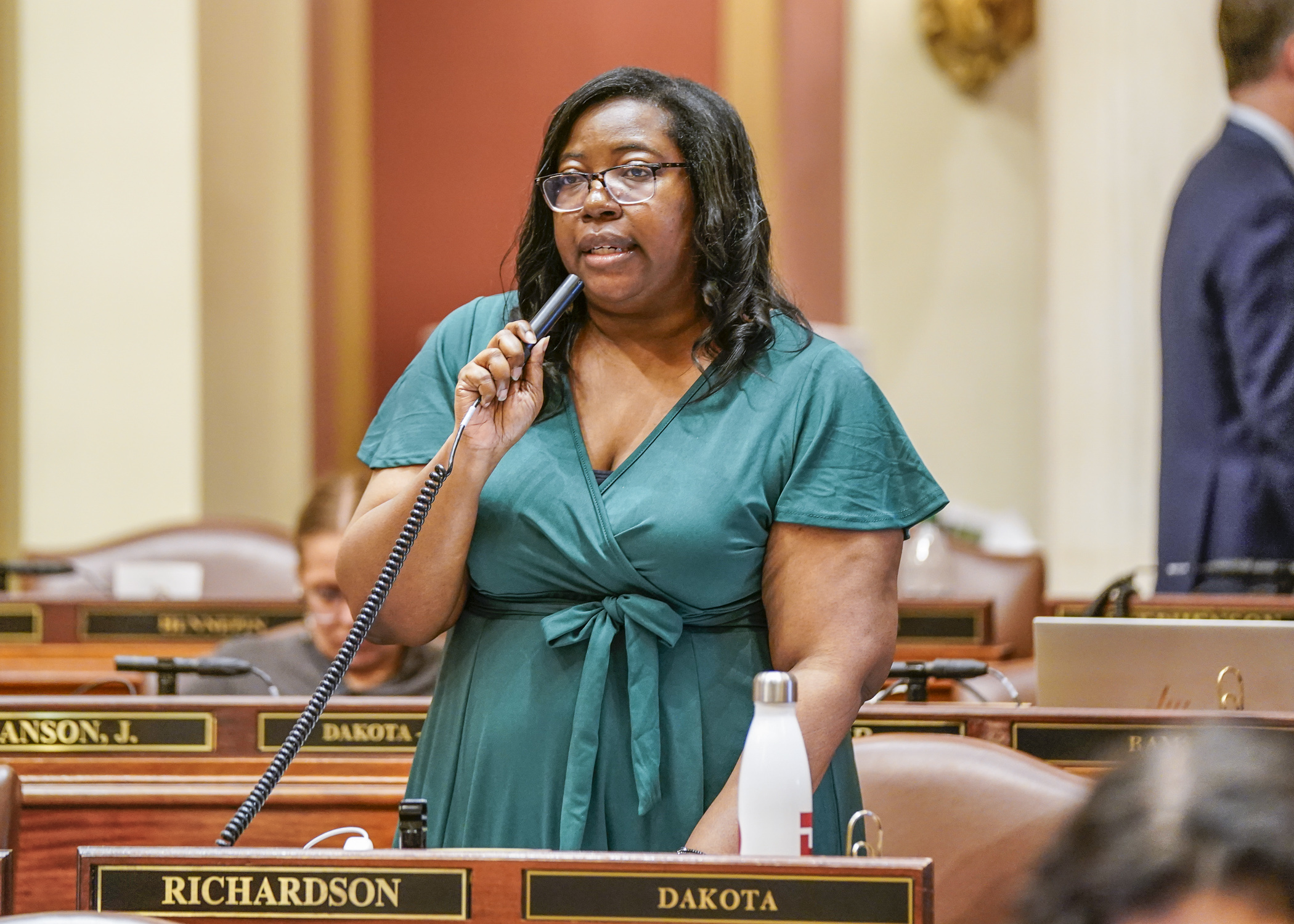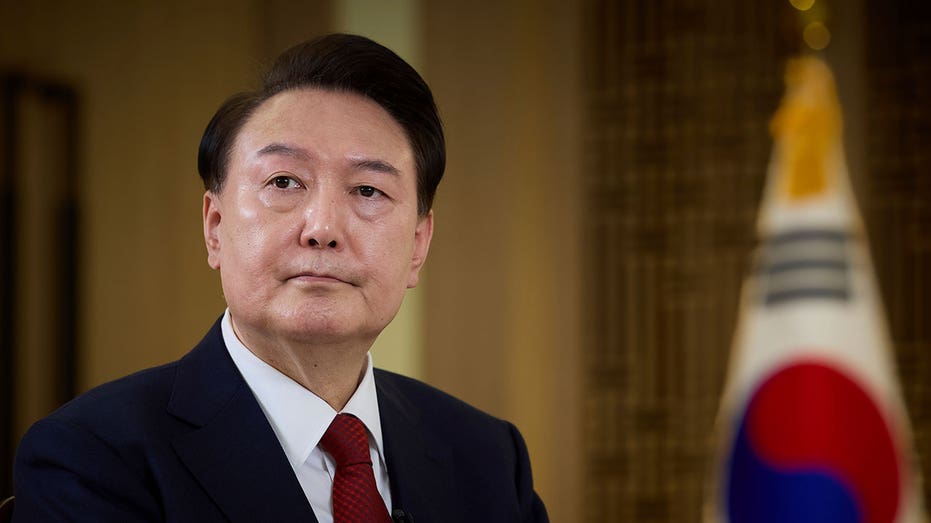
South Korean Opposition Moves to Impeach President Yoon Suk Yeol Following Martial Law Controversy
In a dramatic political turn, opposition lawmakers in South Korea have declared their intention to vote on the impeachment of President Yoon Suk Yeol, a move catalyzed by his controversial declaration of martial law earlier this week. The president is currently under police investigation following this short-lived measure, which incited widespread protests across the nation and drew international concern.
The Martial Law Declaration
On Tuesday, President Yoon enacted emergency martial law, justifying the drastic measure by claiming the necessity to ban political activity and control the media. He accused his opponents of engaging in “anti-state” activities, drawing immediate condemnation from various sectors of society as well as the international community.
The martial law declaration, however, lasted a mere six hours. In a swift response, the National Assembly intervened by voting overwhelmingly to overturn Yoon’s declaration. This unprecedented parliamentary action has strained South Korea’s relations with key allies, particularly the United States. The backlash from this incident prompted Defense Minister Kim Yong-hyun, who advised Yoon to impose martial law, to resign amid criticism.
Impeachment Vote Scheduled
On Thursday, a spokesperson for the opposition Democratic Party confirmed that a vote regarding Yoon’s impeachment is scheduled for 7 p.m. local time on Saturday. Given that the Democratic Party holds a legislative majority, this impeachment proposal appears poised for a strong chance of success.
“The declaration of martial law by the Yoon Suk Yeol administration has caused significant confusion and fear among our people,” stated Democratic Party lawmaker Kim Seung-won during a parliamentary session, according to reports by Reuters.
To successfully impeach the president, support from two-thirds of the National Assembly’s 300 members—specifically, 200 votes—is necessary. The Democratic Party, along with allied minor opposition parties, controls 192 seats. Notably, at least 18 lawmakers from Yoon’s own People Power Party previously opposed the martial law declaration during a unanimous parliamentary vote, indicating potential cross-party support for the impeachment motion.
Yet, the leadership of the People Power Party has voiced its opposition to impeachment, labeling Yoon’s martial law declaration as unconstitutional. Party leader Han Dong-hun remarked, “We oppose impeachment, but the martial law decision was clearly a misstep.”
Legal Challenges and Resignations
Alongside growing political turmoil, President Yoon is now facing legal scrutiny. Both police and prosecutors are investigating him on serious allegations of treason, following complaints lodged by activists and members of a minority opposition party. The investigations extend to several key officials, including Defense Minister Kim Yong-hyun, Army Chief of Staff Gen. Park An-su, and Interior Minister Lee Sang-min, all of whom had roles in the controversial martial law declaration.
As reported by Yonhap News Agency, Kim has been barred from leaving the country while investigations into possible treason charges continue, spearheaded by the Seoul Central District Prosecutors Office. With the political fallout intensifying, President Yoon accepted the resignation of Kim on Thursday. Reports emerged that the recommendation for martial law stemmed from frustrations over stalled government policies, notably in an opposition-controlled legislature.
International Repercussions
The ramifications of Yoon’s martial law declaration have resonated beyond South Korea’s borders, eliciting strong responses from key international allies, particularly the United States. Secretary of State Antony Blinken revealed that Washington was not informed in advance of Yoon’s decision, a move that Deputy Secretary of State Kurt Campbell described as a significant miscalculation.
The United States maintains a military presence of 28,500 personnel in South Korea, reflecting the longstanding alliance forged in the aftermath of the Korean War (1950-1953). The martial law declaration is particularly worrisome given it marks the first instance in over four decades, stirring memories of South Korea’s tumultuous past before its democratization in the late 1980s.
A Worsening Political Crisis
As pressure mounts on President Yoon to resign in the lead-up to the impeachment vote, his unprecedented martial law decision appears to have further alienated him within the political arena and eroded public confidence in his governance. Whether the impeachment succeeds or not, this controversy signifies a pivotal moment for Yoon’s presidency and the broader political landscape of South Korea.
This HTML document presents the article with headings, sections, and a coherent journalistic style, adhering to a word count that falls within the specified range.


















